All my friends seem to be having twins these days (below is a picture of my friend Holly's twins, for example) - I wondered if I could use SAS to analyze this twinning trend ...
When I was growing up, way back in the day, twins seemed to be rarity. In elementary school, I knew one set of twins (JoNathan & Johnathan). Another set (Ronnie & Donnie) lived beside my grandparents. And in high school there was Linda & Lisa. That was it - those were all the twins I knew!
These days, it seems like practically all of my friends are having twins! I wondered whether this is just my imagination, or has the likelihood of having twins increased? And, of course, I looked to SAS graphs for the answer!
I did a bit of research, and found that the CDC's National Center for Health Statistics has published some very interesting data on this topic. For example, the data brief "Three Decades of Twin Births in the United States, 1980-2009." I decided to create my own SAS version of a few of their graphs ...
This first graph shows the increase in incidence of twin births in the US since 1980. This shows it's not just my imagination - the chance of having twins has gone up by over 50% since back when I was in high school!
And the incidence of triplet (or more) births has increased even more dramatically!
This bar chart shows that for the older age groups, the incidence of twins has increased even more. And I guess a lot of my friends are in the 40+ age group these days! :)
Well, I'm glad to know it's not just my imagination, and the incidence of twins has indeed increased. Now my new question is why people are having more twins these days? ... Feel free to leave a comment with your theory! (Bonus points if you know what "Wonder Twin powers" are!)
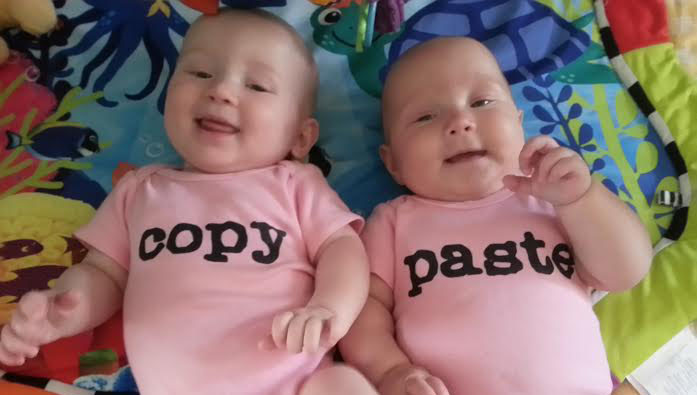
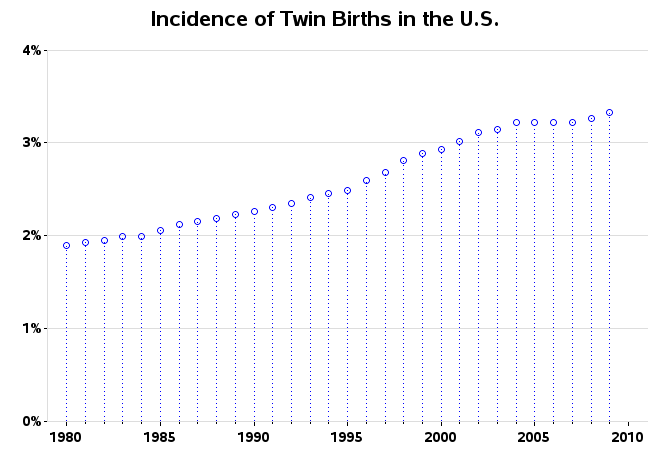
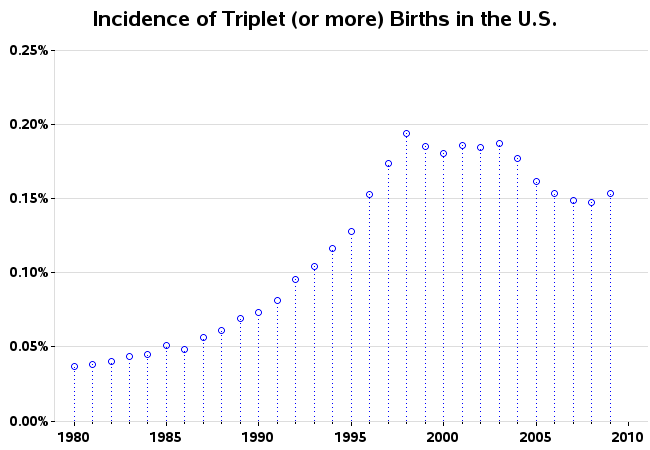
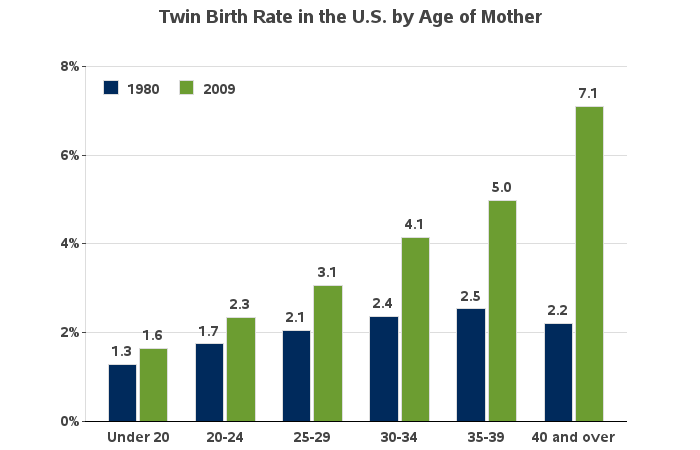



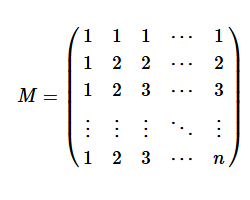

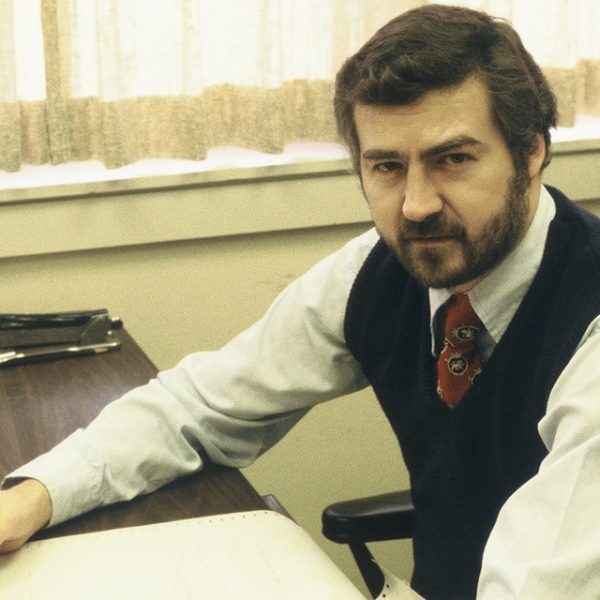

17 Comments
as a mom of twins :) I can tell you there are 2 factors contributing to this rising rate. One is the rising age of mothers. Women are waiting longer to have children. For women ages 35 and older, the chances of having twins increases as you are more likely to hyperovulate after 35 (release more than 1 egg at a time). Also, being very involved in the multiple births community where we live, there is a significant increase in the use of IVF for infertility. We belong to a multiple births assn and we are in the minority of having "natural" twins (I was over 35 and yes I have twins in my family :) ). The majority of families we know in the assn have twins as a result of IVF.
Interesting!
It would be interesting to see if the twins that were born were the first children born to the woman. It could be that couples who are having a hard time conceiving decide, after a number of years, to try fertility treatments, therefore the age increase.
I don't know where I could get that particular data, but it sounds like a pretty good theory! :)
I wonder if some more 'subtle' factors could also be at work? For example, if the tendency to have twins is hereditary, and if someone has twins then that puts 2 people into the population (rather than 1), and the typical family size in the us has gone down ... all combine to put a higher percentage of people who are genetically predisposed to having twins into the pool of potential parents than there used to be... Hahaha - just a theory (I don't have any data to back that up!)
the hereditary component is more related to the women's side of the family (for fraternal twins). the genetic component as I was told by my OB is that you are a genetic predisposed to be a hyperovulator (more likely to hyperovulate, thus increased chance for having fraternal twins). So it does not matter if the father's side has twins, he will have no bearing on whether the mother hyperovulates or not lol. What does matter is he may pass that hereditary tendency down to his children.
Ahh! - Maybe that's what people mean when they say it "skips a generation" (... maybe that's when it comes from the father's side)!
EXACTLY!!! lol
in my case, there are twins in every generation of my dad's family going back for quite a bit. But it looks like it "skipped" a generation as my dad did not have twins.
I find it quite fascinating, as I knew there were twins in my family but did not understand how it all worked until I became pregnant with twins myself and my OB explained it to me.....
I agree with Chris, fertility treatments (IVF and others) all lead to increase probabilty of multiples. And of course it's the 40+ group most likely to be doing these treatments. (Nice example of correlation vs causation, i.e. giving brith at 40+ is correlated with multiples, but doesn't cause it.)
AFAIK, fertility treatments only raises the proabiblity of fraternal twins. If you could subset the data to be just identical twins, would be interesting to see if the trend disappears. I think probability of identical twins is mostly driven by genetics.
Ahh - interesting point about fraternal & identical twins!
actually age does have an impact on whether you are more likely to have twins. Once you are 35 and over, the chances for hyperovulation increase, which can result in twins. so in a way it does kind of "cause" twins in the 40+ group :)
Puzzling for sure. One incidence that I personally know the couple who had twins comes to mind. The lady was 48 years old when she gave birth to normal, healthy boy/girl twins. She had divorced and had a son in his 20's from that marriage. Then she remarried a man who was ten years younger than the wife. Could it be that older women marrying younger men has anything to do with a higher incidence of twin births in the over 40 age group??? The woman's grandfather had twin siblings, and some say twin births "skip a generation."
I think the obvious answer is that IVF attempts often include more than one egg, thus increasing the chances of multiple births.
Oh, and Wonder Twins are Zan and Jayna, from the old Super Friends show. Pretty campy by today's standards, but I watched it faithfully as a kid.
One of the challenges couples who are experiencing infertility and going through the IVF process is the financial (and emotional) cost. Because it is so costly to do IVF (at least here in Canada it is), most couples will choose to use multiple eggs (In canada the guidelines are I think 3 max) in their IVF attempt to maximize their chances of having a successful pregnancy, because they may not have the financial resources to make multiple IVF attempts. Very often these couples have been through alot before they get to this stage and can be quite anxious to get the best odds they can by implanting more than 1 egg, espcially if they have limited financial resources. It is very unfortunate, as a multiple birth pregnancy is classified as a higher risk pregnancy and for some can have high medical costs both during and after birth (ie if the babies are premature and have complications).
Interesting details! I bet it would be interesting to see similar graphs for other countries, and also compare that with the cost & availability of IVF, if that was data is easily available somewhere.
it would be! I have heard that in the UK, their national health program will cover 3 IVF attempts for couples meeting the criteria outlined for infertility (not sure what those are). Their rates of muliptle births I'm told are lower.
It's not just IVF patients that have a higher incidence of twins. As Quentin noted, any kind of fertility medication that stimulates ovulation usually results in multiple follicles. Introduce "washed" sperm into the environment and the potential for multiples goes way up.